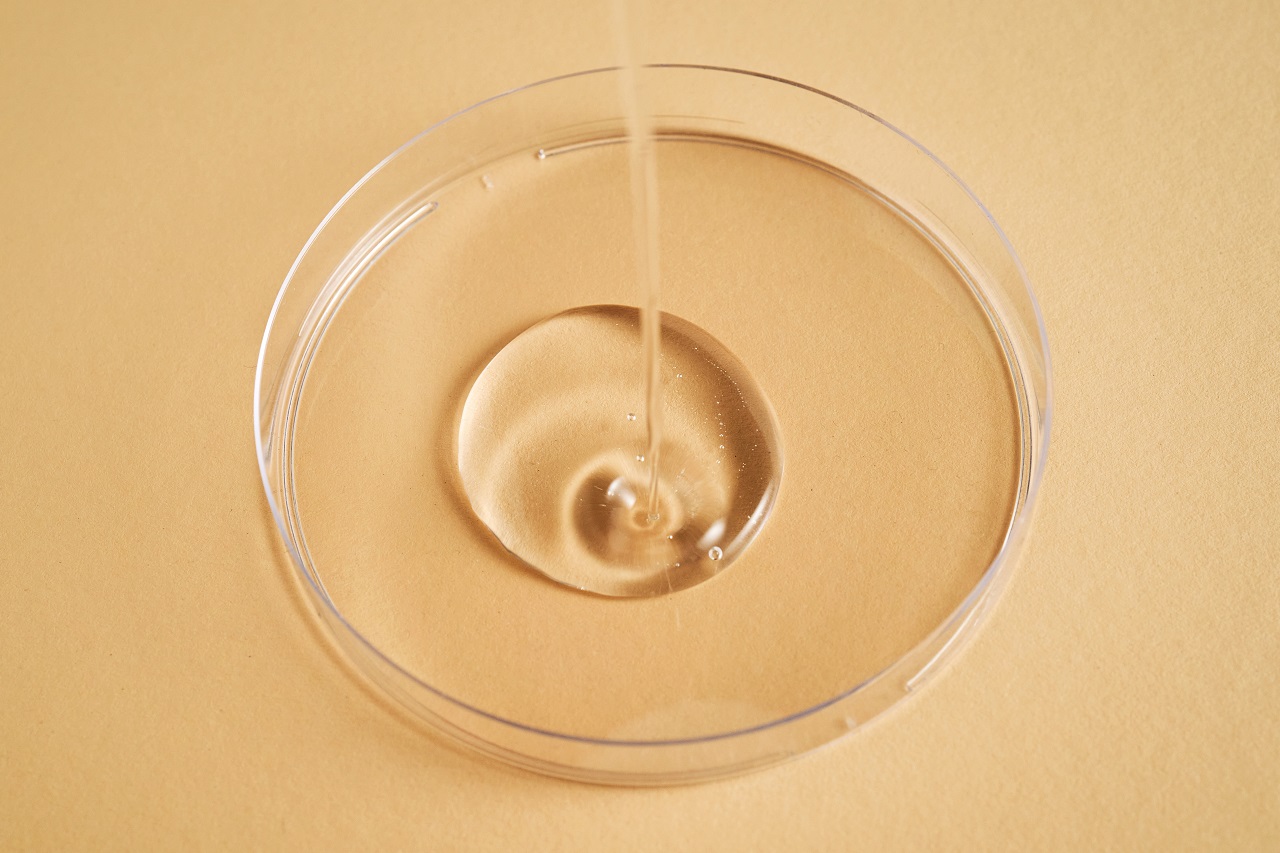Cocamidopropyl Betaine in Face Wash: The Gentle Cleanser Ingredient Your Skin Will Thank You For

বাংলা পোস্ট
When it comes to skincare, cleansing is step number one. And in the world of face washes, ingredients matter just as much as the brand name.
Ever flipped your face wash bottle and found the word “Cocamidopropyl Betaine” in the ingredient list? Sounds complex, right? But this coconut-derived compound might just be the unsung hero behind your soft, clean, and balanced skin.
In this blog post, we’re going to explore:
-
✅ What is Cocamidopropyl Betaine?
-
🌿 Why it’s used in face wash formulations
-
✨ Key benefits for all skin types
-
🧪 How it works in a cleanser
-
📈 SEO keywords to boost your product page or content ranking
Let’s break it down into friendly, easy-to-understand skincare language.
🌱 What is Cocamidopropyl Betaine?
Cocamidopropyl Betaine (CAPB) is a mild, amphoteric surfactant derived from coconut oil and dimethylaminopropylamine. While the name may sound scientific, the ingredient is plant-based, biodegradable, and used in countless personal care products—from baby shampoos to high-end cleansers.
In a face wash, its primary roles are:
-
🫧 Creating a soft, creamy lather
-
🧼 Gently removing dirt, oil, and pollutants
-
💧 Softening and conditioning the skin
-
🌿 Enhancing the mildness of stronger surfactants
💡 Why is Cocamidopropyl Betaine Important in Face Wash Formulation?
Many face washes use harsh cleansing agents (like SLS or SLES) to produce that foamy feeling—but at the cost of stripping the skin’s natural oils, causing irritation, tightness, or even breakouts.
Cocamidopropyl Betaine offers a perfect balance. It gives you that rich, satisfying lather, but without the harsh side effects. It’s:
-
✅ Gentle on the skin barrier
-
✅ Non-drying and non-irritating
-
✅ Safe for sensitive and acne-prone skin
-
✅ Compatible with clean beauty formulations
That’s why it’s the go-to surfactant in natural, sulfate-free, and dermatologist-approved face washes.
✨ Top 10 Benefits of Using Cocamidopropyl Betaine in Face Wash
1. 🧼 Deep Cleansing Without Drying
CAPB lifts away daily impurities—dirt, sweat, oil, pollution—without stripping away the essential moisture barrier your skin needs to stay healthy and hydrated.
2. ❄️ Ideal for Sensitive and Problem-Prone Skin
Because it’s low-irritant, Cocamidopropyl Betaine is used in cleansers for:
-
Eczema
-
Acne
-
Rosacea
-
Dry or flaky skin
-
Sensitive or allergic skin
📌 Bonus: It’s gentle enough to use around the eyes too.
3. 🫧 Creates Luxurious Foam Without Sulfates
Many sulfate-free cleansers fail to deliver a foamy experience. CAPB solves this by producing a rich, creamy lather that feels amazing on the skin.
4. 👶 Safe for Babies and Sensitive Skin Users
It’s commonly used in baby washes and tear-free formulas, proving its gentle nature.
CAPB is mild enough for daily use, even on delicate skin.
5. 🌿 Naturally Derived from Coconut Oil
It’s a plant-based ingredient, making it a sustainable and eco-conscious choice for clean beauty and vegan formulations.
6. 💧 Helps Maintain Skin’s Natural Moisture
Unlike harsh soaps or alcohol-based cleansers, CAPB helps preserve the skin’s natural lipid layer, keeping your face soft and balanced post-wash.
7. 🔬 Reduces Irritation from Other Surfactants
In formulations that include stronger surfactants (like Sodium Lauryl Sulfate), CAPB is often added to reduce the overall harshness—acting as a buffer or soothing agent.
8. 🧪 Stabilizes and Thickens the Formula
CAPB enhances the viscosity and texture of face wash products, giving them a gel-like, luxurious consistency that feels premium and easy to apply.
9. 🧬 Non-Comedogenic and Hypoallergenic
It does not clog pores, making it safe for acne-prone and oily skin. CAPB also has a low allergenic profile, which is why it’s found in dermatologist-tested products.
10. ✅ Supports Clean Beauty Standards
Cocamidopropyl Betaine is:
-
✅ Biodegradable
-
✅ Cruelty-free
-
✅ Approved by ECOCERT and EWG
-
✅ Free from sulfates, parabens, and synthetic dyes
🧪 How Does Cocamidopropyl Betaine Work in a Cleanser?
As a surfactant, CAPB has two parts:
-
One side loves water (hydrophilic)
-
The other loves oil (lipophilic)
When applied to the skin with water, it traps oil and dirt molecules and lifts them away from your face when rinsed. Because it’s amphoteric, it adapts to the pH of your skin, making it incredibly mild and non-disruptive.
🧴 DIY Face Wash Using Cocamidopropyl Betaine
Want to make your own sulfate-free, gentle cleanser?
✅ Simple Recipe (100ml)
Ingredients:
-
30 ml Cocamidopropyl Betaine
-
40 ml Rose Water
-
15 ml Aloe Vera Juice
-
10 ml Glycerin
-
5 drops Tea Tree or Lavender Essential Oil
-
Preservative (as per manufacturer’s instructions)
Steps:
-
Mix all ingredients in a clean glass container
-
Shake well and pour into a pump bottle
-
Use daily on damp face, then rinse with water
📌 Result: Hydrated, refreshed, and clean skin—naturally.
⚠️ Are There Any Side Effects?
Although Cocamidopropyl Betaine is considered safe and mild, a small number of people may be sensitive to impurities that can be present in low-quality versions.
Tips for safe use:
-
✅ Use cosmetic-grade, purified CAPB
-
✅ Always perform a patch test before first-time use
-
✅ Check that it’s formulated with pH-balanced ingredients
✅ Final Thoughts: A Gentle Powerhouse in Modern Face Washes
In today’s skincare world, where consumers demand efficacy, safety, and sustainability, Cocamidopropyl Betaine checks all the boxes.
Whether you’re a:
-
🧴 Formulator looking for a mild surfactant
-
👩🔬 Skincare enthusiast seeking non-irritating cleansers
-
🌱 Brand promoting natural and vegan ingredients
…this ingredient is a smart, science-backed choice.
🌟 Why We Love It:
-
✅ Gentle and effective
-
✅ Great foaming without sulfates
-
✅ Safe for all skin types
-
✅ Eco-friendly and plant-derived
-
✅ Enhances texture and user experience
💧 Clean skin begins with clean ingredients. Cocamidopropyl Betaine is the gentle cleanser your face wash needs.

One thought on “Cocamidopropyl Betaine in Face Wash: The Gentle Cleanser Ingredient Your Skin Will Thank You For”